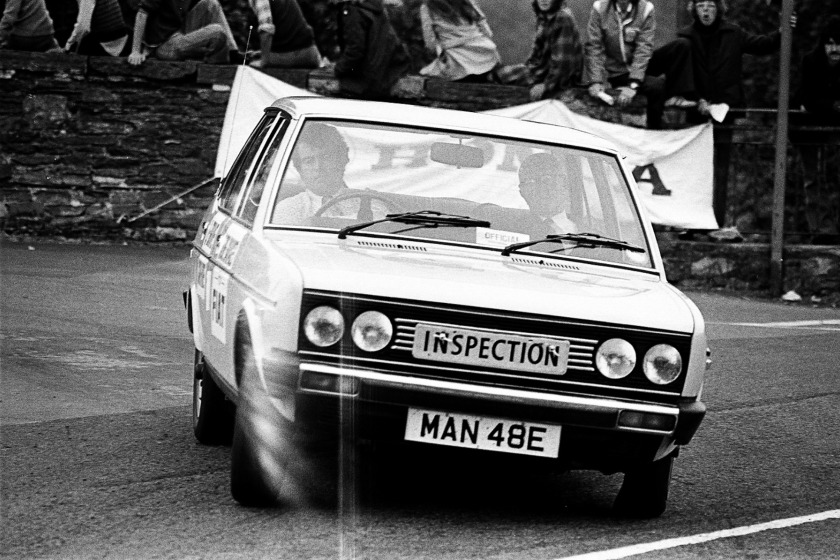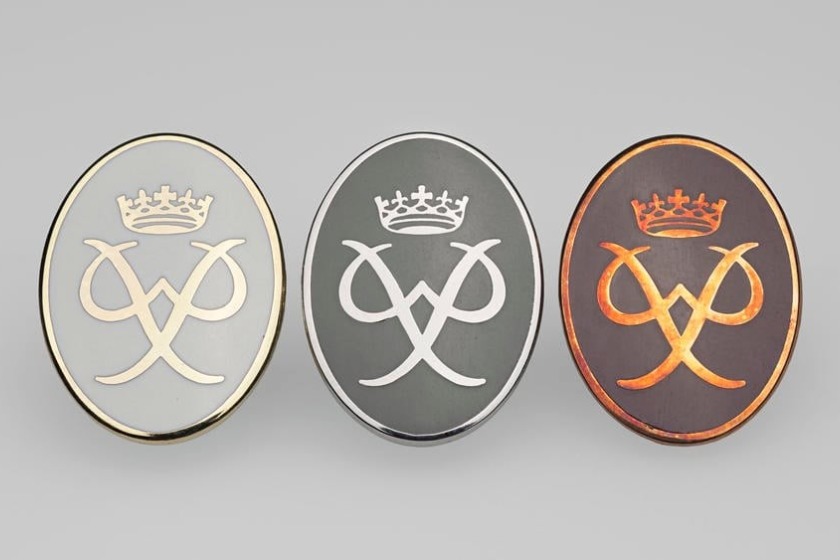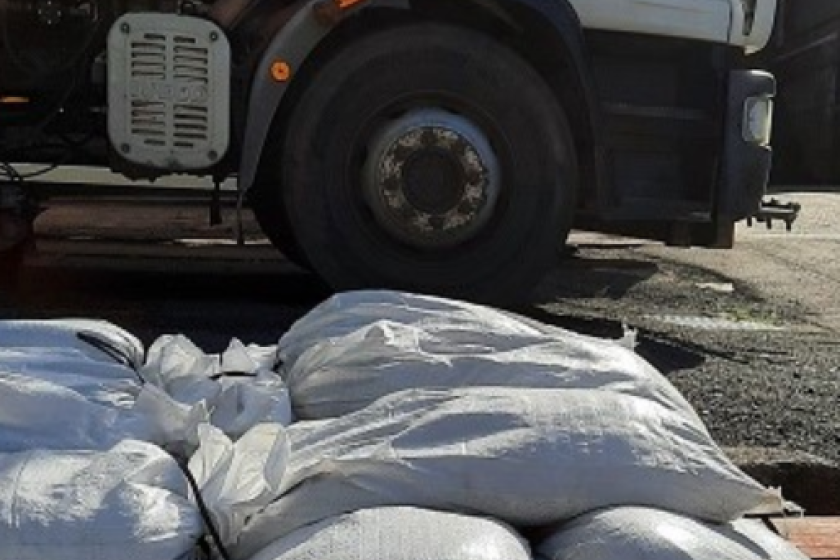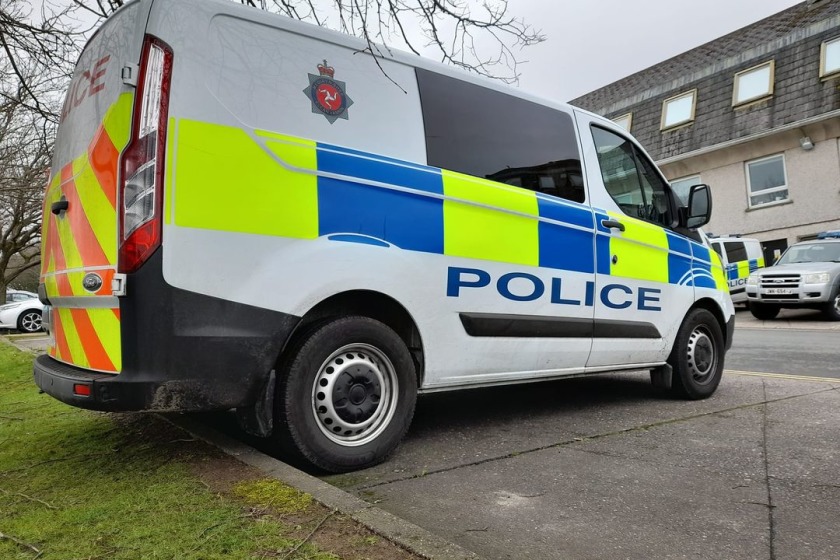Tue, 20 Oct 2020
The Isle of Man continues to be the safest place to live in the British Isles, despite an increase in recorded crime of 4.9%. That picture is outlined in the Chief Constable’s Annual Report for the year 2019/20, which will be moved in Tynwald later.
The Constabulary’s detection rate of 49% remains the highest in the British Isles, with the vast majority of the Island’s population living lives free from crime.
A key theme this year is the continued rise in drug-related crime, with the majority of additional offences committed over the 12 months connected to the trade in Class A drugs. The report confirms this is largely responsible for a rise in violent crime, up for the third year running.
Chief Constable Gary Roberts said: ‘The big picture is heartening. As a community we suffer significantly less crime and fewer serious crimes than any other force area in the UK, Jersey and Guernsey. However, the harm caused by sophisticated drug-related crime is a threat to us all. Excellent work has been carried out by officers to combat drugs trafficking and several large seizures were made during the year. Our efforts in this area will be relentless.
He added: ‘We have taken progressive steps in a number of areas. The scheme to locate mental health professionals at Headquarters is paying dividends, allowing swift access to services for those in crisis and reducing the time spent by police officers on mental health matters. We are capturing more and better data to help target officers’ work and have begun restoring neighbourhood policing. We have a superb team of Special Constables who along with our community volunteers, members of our voluntary youth scheme and support staff are doing all they can helping to keep the Isle of Man safe.'
Minister for Home Affairs Graham Cregeen said: ‘Our small police force continues to face big issues with focus and determination. The report’s short format with links to detailed information on all aspects of police activity make this an accessible review, in which successes and challenges are presented realistically. The Chief Constable provides a compelling commentary on the threat posed by the drugs trade, both to individuals and society, which I encourage everyone to read.
He added: ‘The Constabulary must constantly adapt to fulfil its over-arching aim to keep people safe, and this report sets out how it is doing so, in innovative and practical ways. Our commitment to a restorative approach to young people involved in crime demonstrates a forward-thinking, positive ethos which I am confident the force will champion into the future.’
The implementation of a huge digital transformation project is one of the year’s most significant developments. The new streamlined records system which has been several years in the planning, is producing improved data, better criminal intelligence and more transparency in decision making.
The report charts a fall in offences of criminal damage and burglary, a decrease in the number of reported domestic violence offences and a year-on-year drop in the number of road collisions. Pro-active work to tackle a growth in fraud offences has seen the Constabulary form a new partnership with high street banks, to protect people at risk of being defrauded by criminals. Awareness and prevention remain the watchwords to resist increasingly sophisticated cyber-crime.
The report describes a full-strength Economic Crime Unit balancing a diverse workload, including complex financial crime investigations and efforts to disrupt the finances of the local drugs trade.
For the first time, the Chief Constable’s report includes a map showing where road collisions occur and a table showing the success rate of prosecutions. It also features an update from the Inclusion Scrutiny Group, which promotes better understanding of inclusion issues and best practice across the force.
In line with recent years, the 2019/20 Annual Report provides an overview of the Constabulary’s activity, achievements and challenges, with a click-through A-Z index of crime statistics and data charts on all aspects of police work.
The report covers the year to 31 March 2020 and therefore does not reflect the Constabulary’s response to the coronavirus pandemic which is likely to be a dominant theme in next year’s report.
 Fri, 29 Dec 2023
Fri, 29 Dec 2023
 Fri, 29 Dec 2023
Fri, 29 Dec 2023
 Fri, 29 Dec 2023
Fri, 29 Dec 2023
 Fri, 29 Dec 2023
Fri, 29 Dec 2023
 Fri, 29 Dec 2023
Fri, 29 Dec 2023
 Thu, 28 Dec 2023
Thu, 28 Dec 2023
 Thu, 28 Dec 2023
Thu, 28 Dec 2023
 Thu, 28 Dec 2023
Thu, 28 Dec 2023
 Wed, 27 Dec 2023
Wed, 27 Dec 2023